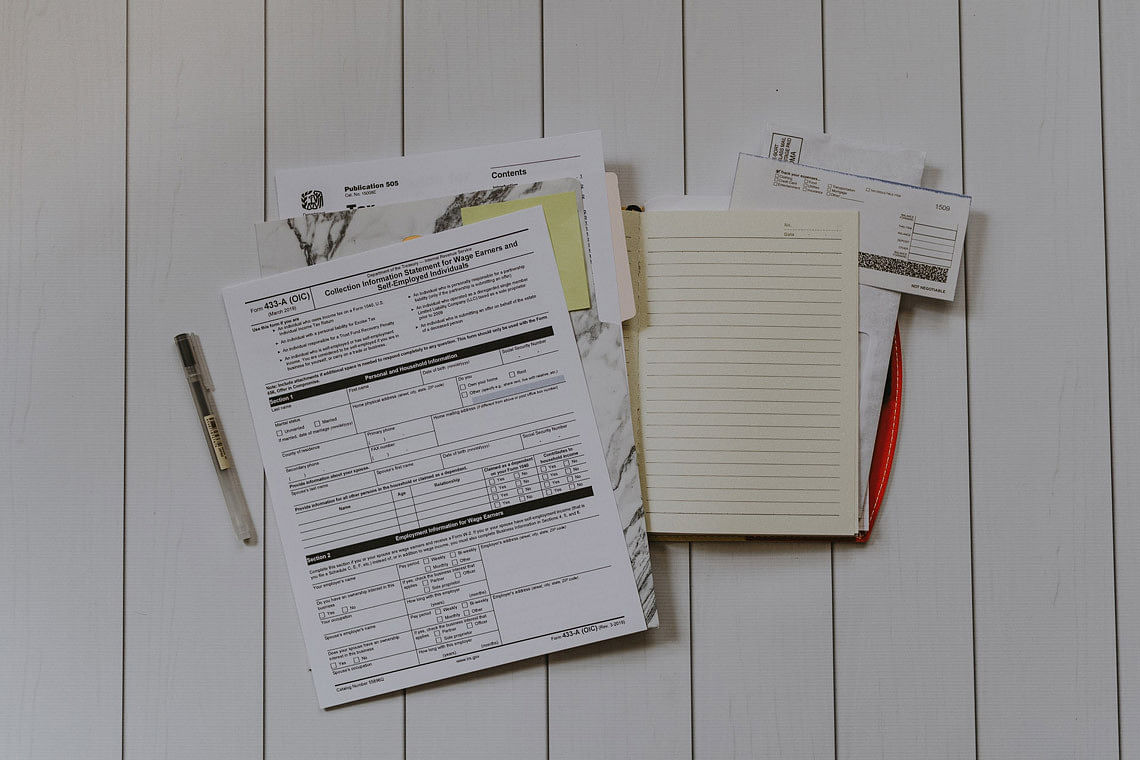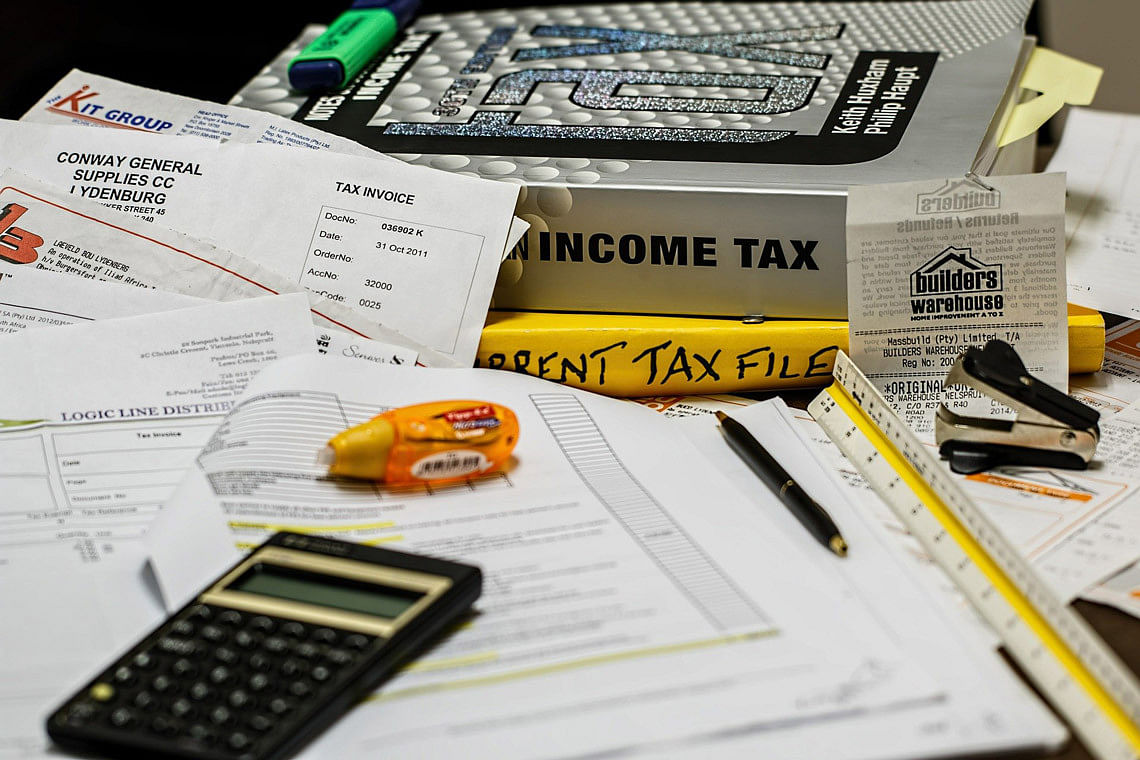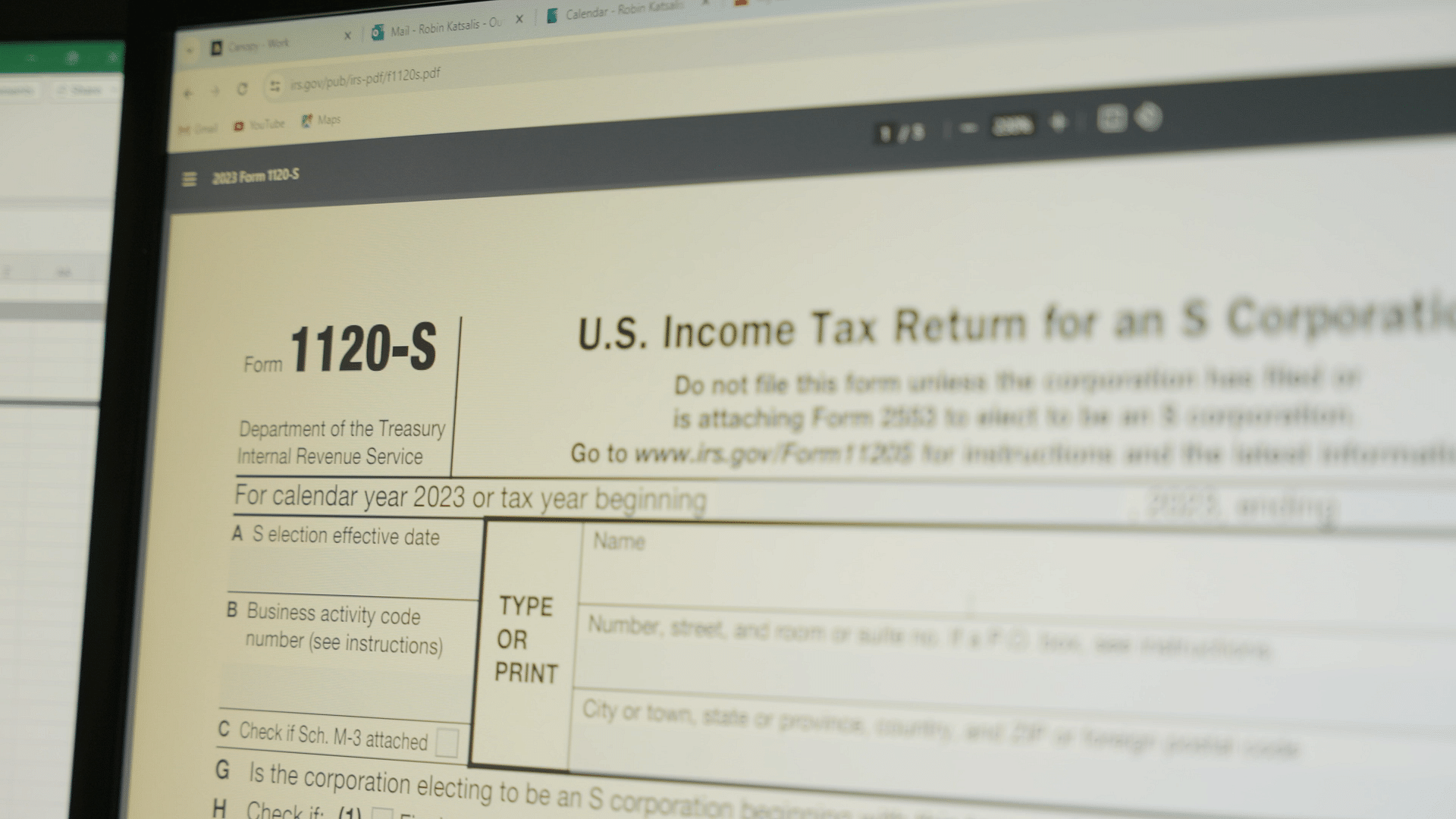
What Kind of Taxes Will You Owe on New Hampshire Business Income?
Feb 11th, 2021
Let's face it, no one likes to talk about taxes, but they are a fact of life. If you own a business in New Hampshire, you will most likely have to pay some NH business taxes. Therefore, it's essential to know everything you can about how they work, when they are due, and how they will affect your business.
Understanding State Income Tax versus Business Profits Tax
A lot of people ask the question, "does New Hampshire have an income tax?" Not exactly. Although New Hampshire does not have a state income tax per se, there are NH business taxes that must be paid that are relative to your business income.
Although there is no income tax in NH on wages or salaries, individuals are liable for the 5% tax on interest and dividends.
Does New Hampshire Have Income Tax?

No, but New Hampshire businesses are responsible for filing and paying Business Profits Tax and Business Enterprise Tax. Owners may also be subject to the 5% Interest/Dividends tax from distributions they received from their corporations.
Specific Business Taxes in New Hampshire
Instead of income tax, New Hampshire has various other types of taxes. Many of these taxes are based on the type of business you own, and it's critical to know what they are for, when to file and how to pay.
New Hampshire does not have a sales tax, so that is not something business owners have to worry about. However, certain types of businesses, like hotels and restaurants, have to pay meals and rentals tax. Some of these taxes, such as the tobacco tax, communication services tax, and meals and rooms tax, are passed along to the consumer, so it's pretty much a pass through. The business owner is responsible for collecting the tax at the time of sale and then paying those taxes to the state when they file their returns.
Some other types of taxes that NH business owners must pay are:
Property Tax - Property owners must pay property tax on business property, just like individuals must pay property taxes on their homes. The same rates apply, although zoning may factor in as well and increase the rates. Property taxes are typically paid in two payments (every six months) or through an annual lump sum.
Communications Services Tax (CST) is a tax enacted in 1990. Two-way communications businesses must pay this tax based on 7% of their gross income. An example would be a cell phone retailer or wireless provider. Business owners are allowed to pass this tax along to their customers as part of the price and then send the money into the state.
Electricity Consumption Tax is a tax everyone pays for the consumption of electricity. The tax is billed along with your normal utility bill. The tax is billed at a rate of $ .00055 per kilowatt-hour. If you own property or rent, you will pay some amount of tax on the electricity you consume for the business.
Meals & Rooms/Rentals Tax is a tax designed for hotels, motels, and restaurants. The 9% tax assessment is passed on to patrons of these establishments, which the owners must then pay to the state of New Hampshire when they file their returns.
Insurance Tax - Insurance companies are subject to the Premium Tax, and the rates vary based on the type of insurance provided. These taxes may also be passed along to the insured.
Tobacco Tax - New Hampshire has one of the highest cigarette taxes in the country at a rate of $1.78 per pack. Loose tobacco and cigars are taxed at 65.03% of the wholesale sales price.
New Hampshire Business Profits Tax (BPT) is as close to an income tax as it gets, and it was enacted in 1970. The BPT is taxed on the net profits after the owner(s) (sole proprietors or partners) take their reasonable compensation. The amount that is left over is taxed at a rate of 8.2%.
NH Business Enterprise Tax
New Hampshire's Business Enterprise Tax (BET) is taxed at a rate of .75% of all wages (including reasonable compensation taken by the owners), interest, and dividends and then reduced by the amount of BPT is owed. So basically, a businesses' BET is a "minimum" BPT tax.
Business Enterprise Tax Historical Filing Thresholds
Both the BET and BPT have different tax filing thresholds. Any business that has more than $50,000 in gross receipts has to file a Business Profits Tax returns and pay their dues. Every business with more than $217,000 in gross receipts is subject to the Business Enterprise Tax.
BPT & BET Tax Rates
New Hampshire Business Profits Tax rate is 8.2% of the gross profit after reasonable compensation. The New Hampshire Business Enterprise Tax rate is .75% of all wages, interest, and dividends, including the owner's reasonable compensation.
When Do You Have to Pay Your Small Business Taxes?

One of the most important questions small business owners have is when do you have to pay small business taxes? To avoid paying late fees and penalties, you must file and pay on time.
New Hampshire Business Enterprise Tax and New Hampshire Business Profits Taxes are due at the same time your federal return is due. You must pay the estimated taxes on the 15th of each of the four months of your fiscal year. That means they are due on the 15th of the 4th, 6th, 9th, and 12th month.
NH Tax FAQs
Below are some frequently asked questions about NH taxes that you and other business owners might find helpful.
Does New Hampshire have a sales tax?
New Hampshire's motto (inscribed on license plates) is "Live Free or Die." This ideal is taken seriously by every resident and extends to tax laws as well as other local and state rules. New Hampshire has opted not to have a state sales tax. However, this is offset by higher than usual property taxes.
New Hampshire does have a 9% Meals and Rooms/Rentals tax that covers rooms, meals, and motor vehicle rentals. This tax is passed on to the patrons of businesses that rent lodging, vehicles, or serve meals.
What if you operate a multi-state business?
If you own and run a business that operates in multiple states, then each location will be treated separately for tax purposes. What this means is that you would need to keep very good records and apportion your income based on payroll, sales, and assets owned in each state.
You may be subject to other types of taxes in other states. Since New Hampshire does not have a sales tax, other adjoining states do, and you would be subject to sales tax for those sales that took place in Massachusetts, Maine, or other locations in other states that do have a sales tax.
Are S corporations treated differently in New Hampshire than C corporations for tax purposes?
New Hampshire does not recognize the entity of an S Corporation and, for the purposes of taxes, treats it just like a C Corporation. Techniques used in other states to avoid taxation of an S Corporation will not work in New Hampshire and may end up resulting in double taxation of the BPT and interest/dividends tax.
What to do if you have tax-related more questions?
If you are stressed out, wondering why do I owe state taxes, give Appletree Business Services a call to find out. We offer a free discovery call to learn about your business, your tax and accounting needs and determine how we can help.
Am I required to pay estimates during my first year?
You may have heard that you are required to pay estimated taxes in New Hampshire. That is true. However, the estimate is based on the prior year, so if you are still in your first year of business, and there is no previous year to work off, there are no estimated taxes due.


Let’s Help Eliminate Your Stress
If you choose Appletree Business Services for your bookkeeping, payroll or tax needs, you’ll find that good things begin to happen in your business. Your common financial challenges will become simple with a clear map to create your ideal situation. More than that, we’ll identify your “typical” stresses and help make them go away.